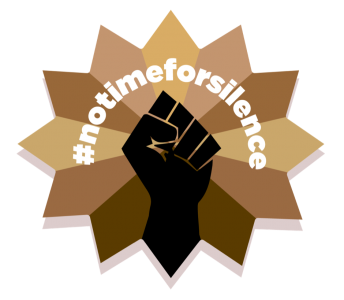Signatories

Dr. Vernon Morris
Dr. Morris joined Arizona State University as Professor of Chemistry and Environmental Sciences and Director of the School of Mathematical and Natural Sciences at the New College of Interdisciplinary Arts and Sciences in July 2020. Previously, Dr. Morris was a Professor in the Department of Chemistry and Director of the Atmospheric Sciences Program at Howard University, where he personally mentored over 200 students from the middle school through PhD level, 150 of them were students of color. He was the Principal Investigator and Founding Director of the NOAA Cooperative Science Center in Atmospheric Sciences and Meteorology (NCAS-M). Dr. Morris also founded the HU Graduate Program in Atmospheric Sciences (HUPAS). HUPAS is the first PhD-degree granting Atmospheric Sciences program at any minority-serving institution and is a national leader in the production of minority PhDs in its field. Dr. Morris’ research focuses on the chemical evolution of atmospheric particulate during transport and residence times in the lower troposphere and the implications to aerobiology, climate, and cloud processes. He has served as Chief Scientist for eleven trans-Atlantic science expeditions (the AERosols and Ocean Science Expeditions – AEROSE) aboard the NOAA class-1 research vessel, the Ronald H. Brown. Dr. Morris is passionate about broadening the participation of underrepresented groups in science, technology, engineering, and mathematics (STEM). Dr. Morris has won numerous academic and scientific honors and awards including being recognized as one of the 50 Most Influential Blacks in Science and Technology in 2011, inducted as a History Maker in Science in 2012, winning the NOBCChE Henry Cecil McBay Outstanding Teacher Award (2012), becoming a Fulbright Specialist Award (2013), and in 2016 being elected a Fellow of the American Meteorological Society. He has served on a variety of boards and councils and currently serves on the EPA Clean Air Act Advisory Committee, the American Geophysical Union’s Diversity and Inclusion Committee, the UCAR Board of Trustees, and the American Meteorological Society Council.
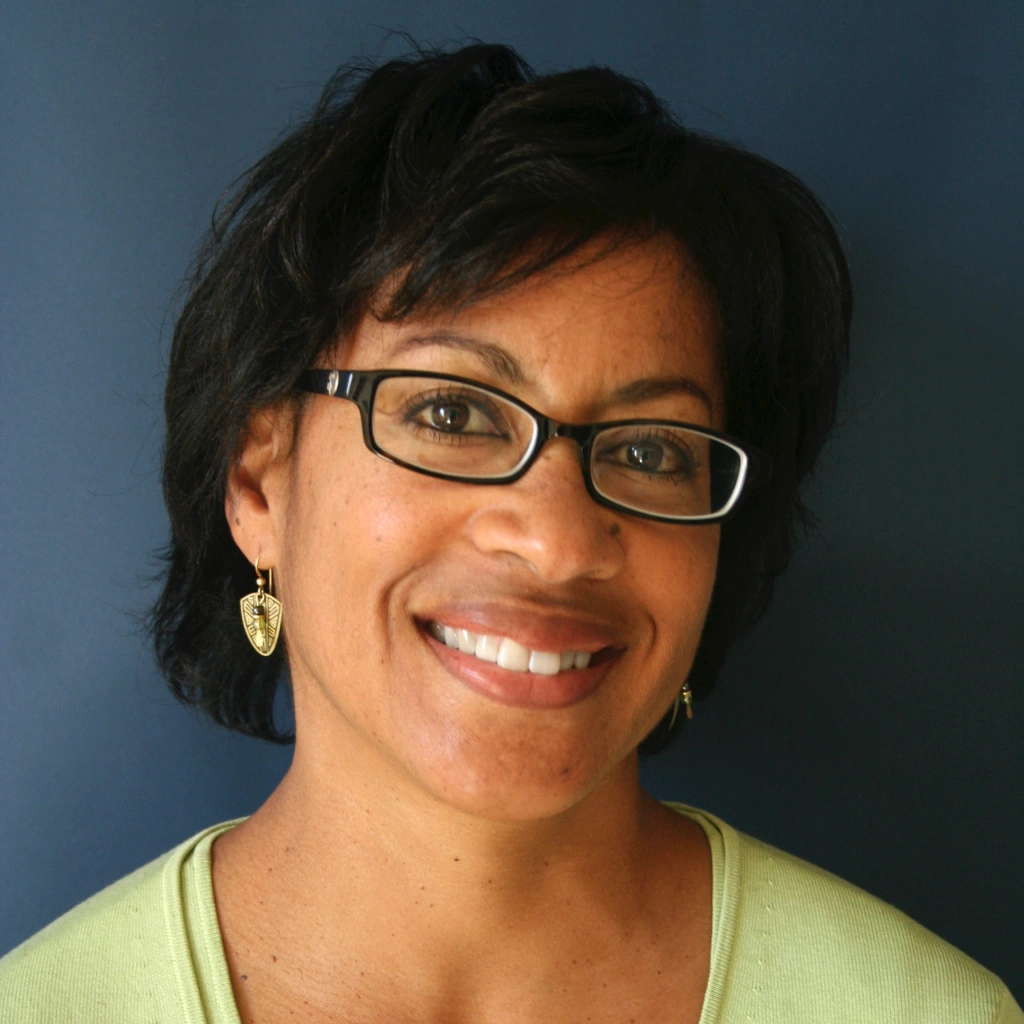
Dr. Lisa White
Dr. Lisa D. White is Director of Education at the Museum of Paleontology at the University of California, Berkeley. Past positions held include Professor of Geosciences at San Francisco State University, Geosciences Department Chair, and Associate Dean of the College of Science and Engineering at San Francisco State University. Dr. White has extensive experience with science education programs for underrepresented students and she is active in efforts to increase diversity in the geosciences. A micropaleontologist by training and Fellow of the California Academy of Sciences and the Geological Society of America, Dr. White was the inaugural recipient of the GSA Bromery Award for Minorities. As Chair of the American Geophysical Union Diversity and Inclusion Advisory Committee, Dr. White works to create a culture that embraces diversity and respect in the advancement of Earth and space sciences. As the education director at the Museum of Paleontology, she develops and disseminates learning materials on evolution and the fossil record, virtual geological field experiences, and the nature and process of science. Dr. White holds degrees from San Francisco State University (B.A. in Geology) and the University of California at Santa Cruz (Ph.D. in Earth Sciences).

Dr. Jose D. Fuentes
Dr. Jose D. Fuentes, Professor of Meteorology at The Penn State University, earned his Ph.D. from the University of Guelph, Ontario with studies in Micrometeorology. Dr. Fuentes has designed and successfully employed observing systems deployed on towers and tethered balloons used in places such as the Florida Everglades, the rainforest of Brazil, and the Arctic to investigate the atmospheric transport and chemistry of reactive trace gases. He has served as the director of the Penn State University Research Experiences for Undergraduate (REU) program in climate science. In January 2016, the American Meteorological Society granted him the Charles E. Anderson Award ‘for outstanding, sustained efforts to promote diversity in the atmospheric and environmental sciences through education, research, and community service.’ Throughout his career, he has served on numerous boards to advise federal governments on strategies to engage underrepresented groups in STEM-related fields. He has received the Cavaliers’ Distinguished Professorship Award from the University of Virginia, and the Outstanding Faculty Award in the State of Virginia from the Governor of Virginia. He was a founding member of the steering committee for the University of Virginia Excellence in Diversity program, designed to recruit, mentor, and retain faculty members from underrepresented groups.
Fuentes is an internationally recognized expert in the field of atmospheric science, with particular emphasis on the physical, biological, and chemical processes that control trace gas and energy exchange between vegetated landscapes and the atmosphere. He engages students in hands-on learning in the laboratory and in field research projects, taking students on scientific voyages to places as distant as the high Arctic, the Brazilian rainforest, and the Marshall Islands. He mentors numerous underrepresented students, working with student clubs and organizing workshops designed to attract and retain more underrepresented students in science. He is a member and fellow of the American Meteorological Society, and a member of the American Geophysical Union.
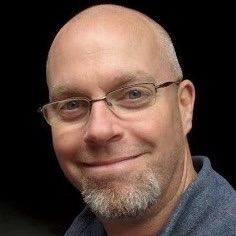
Dr. Christopher L. Atchison
Dr. Chris Atchison is an Associate Professor of Geoscience Education in the School of Education and Department of Geology at the University of Cincinnati, and the Founder and Executive Director of the International Association for Geoscience Diversity (www.TheIAGD.org). Through his research and activism, he advocates for students and geoscientists with disabilities by creating opportunities to inclusive engagement and active participation along pathways to the Geoscience workforce. This is done through the intentional development of inclusive communities of learning in classroom, laboratory, and field studies and the implementation of universally designed pedagogical strategies. Dr. Atchison’s work reaches students, instructors, and practitioners across all field-focused science disciplines through research and practitioner-focused presentations, workshops, and accessible field courses.
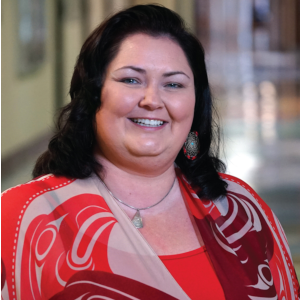
Dr. Wendy F. Smythe
Wendy F. Smythe, PhD. is Alaska Native Haida from Hydaburg, Alaska. Her Haida name is K’ah Skaahluwaa (laughing lady), from the Xáadas (Haida) clan of Sdast’ aas (Fish egg house).
Dr. Smythe served as an Executive Branch AAAS Science & Technology Policy Fellow hosted by the National Science Foundation in the Directorates for Education & Human Resources in the Division of Human Research on Learning and the Directorate of Geoscience in the Division of Earth Science Systems for the last two years, working at the interface of science, education, and policy.
Dr. Smythe completed a two-year postdoctoral research fellowship at the NSF-funded STC BEACON Center for the Study of Evolution in Action housed at Michigan State University in East Lansing, Michigan. During her tenure at BEACON she co-founded the Native American– Alaska Native Institute focusing on increasing the number of Native students in biology and computer science programs, developing culturally focused curriculum, and building partnerships with tribal communities. She is a geoscientist/oceanographer whose research focus is on examining microbial diversity, biogeochemistry, and mineralogy of metalliferious groundwater and marine ecosystems from deep-sea hydrothermal volcanoes to hydrothermal springs in Southeast Alaska and Yellowstone National Park.
She has had the honor of partnering with her tribal community over the last decade as the Director of the Geoscience Education Program working to couple STEM disciplines with Traditional Ecological Knowledge in K-12 education by incorporating language and cultural values. She serves on the board of directors for the Xáadas Kil Kuyaas Foundation a 501 (C) 3 whose mission is to promote, preserve, and perpetuate the Northern Haida language. Through her work, she seeks to increase the number of Native American/Alaska Native students represented in STEM disciplines thereby increasing diversity and innovation in STEM, and to teach the next generation of Native leaders.

Dr. Melissa Burt
Dr. Melissa Burt is the Assistant Dean for Diversity and Inclusion in the Walter Scott, Jr. College of Engineering at Colorado State University. In this position, Dr. Burt, oversees and leads the strategic and implementation efforts for diversity, inclusion, and equity goals across the College. The Office of the Assistant Dean for Diversity and Inclusion focuses on recruitment, retention, and engagement of faculty/staff, and supports the college-wide recruitment and retention efforts of undergraduate and graduate students from historically underrepresented groups. She is also a Research Scientist in the Department of Atmospheric Science at Colorado State University. Her research focuses on the interactions of Arctic clouds, radiation, and sea ice, with interests ranging from cloud-radiation feedbacks, hydrological and energy cycles in climate, and climate change feedbacks. Outside of CSU, she is the Vice President for the non-profit 501(c)3 organization, the Earth Science Women’s Network. ESWN promotes career advancement of women scientists, builds positive science cultures, and helps young people, especially young women, view themselves as future scientists. She has served on a variety of boards and councils and currently serves as a Council member of the American Meteorological Society and the inaugural chair of the AMS Culture and Inclusion Cabinet. Dr. Burt has a B.S. degree in Meteorology from Millersville University and a M.S. and Ph.D. in Atmospheric Science from Colorado State University.

Dr. Leticia Williams
Dr. Leticia Williams is a recent graduate from Howard University’s Communication, Culture, and Media Studies program. She is currently a research fellow at the NOAA Cooperative Science Center in Atmospheric Sciences and Meteorology (NCAS-M) at Howard University. After completing her bachelor’s degree in journalism at the University of Southern California, Leticia joined Fox Sports and MyNetworkTV as a research analyst. This experience as an analyst prompted her return to academia at California State University, Fresno where she earned a master’s degree in communications. Her research interests include technology, media, and science communication to explore how scientists communicate their research. And also the role of communication in increasing awareness of issues related to science, technology, engineering, and mathematics (STEM) education and diversity.
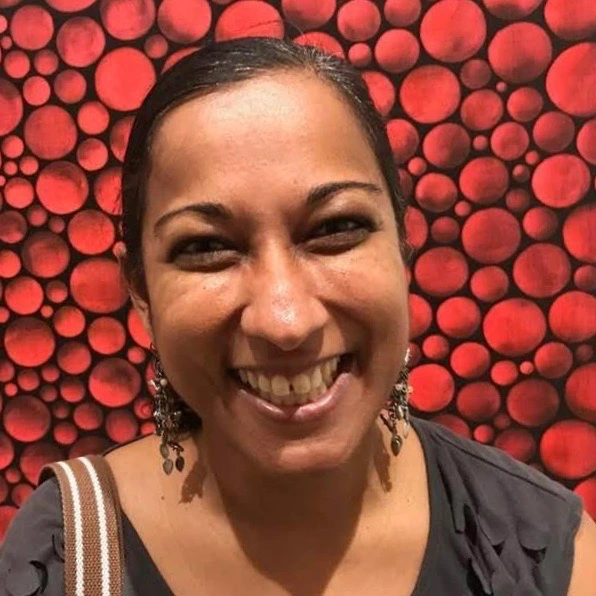
Dr. Aradhna Tripati
Aradhna Tripati is an international expert in climate change, geochemistry, and sedimentary geology, and has established a leading isotopic laboratory at the frontiers of multiple fields. She is a Fellow of the Geological Society of America, with 90 publications, and over 5000 citations of her >80 publications, and over 100 invited and keynote presentations. In her own research, she has mentored over 120 people over the past 25 years.
She is also renowned for her innovative and impactful work advancing diversity, equity, and inclusion in STEM education and employment. She received the Presidential Early Career Award in Science and Engineering under President Obama for her unique and impactful research and work. She has developed the Center for Diverse Leadership in Science, the first of its type, focused on inclusive diversity and equity and justice in STEM fields. Her efforts have supported over 150 people from 24 institutions, to support the development and practice of technical and higher skills including pro-social behaviors such as working in diverse teams and collaboration.
She is a faculty member at UCLA, and her education and career have included training at Cambridge University, Caltech, and UC Santa Cruz, after her undergraduate education at Cal State LA. She has collaborated with the Broad Museum.
She has received over 20 awards, including a Faculty Career Commitment to Diversity, Equity, and Inclusion award from UCLA, a Bromery Award from the Geological Society of America, a Chair International D’Excellence from the European Institute of Marine Sciences, and was a Climate Crisis Honoree recently in Washington DC. She also was the Thomas Nevile Fellow in Natural Sciences at Magdalene College, University of Cambridge, a Gates Millennium Scholar, and a Comer Abrupt Climate Change Fellow. She also has been a Distinguished Lecturer at NSF, and held a Hellman Fellowship and a Marshall Sherfield Fellowship.
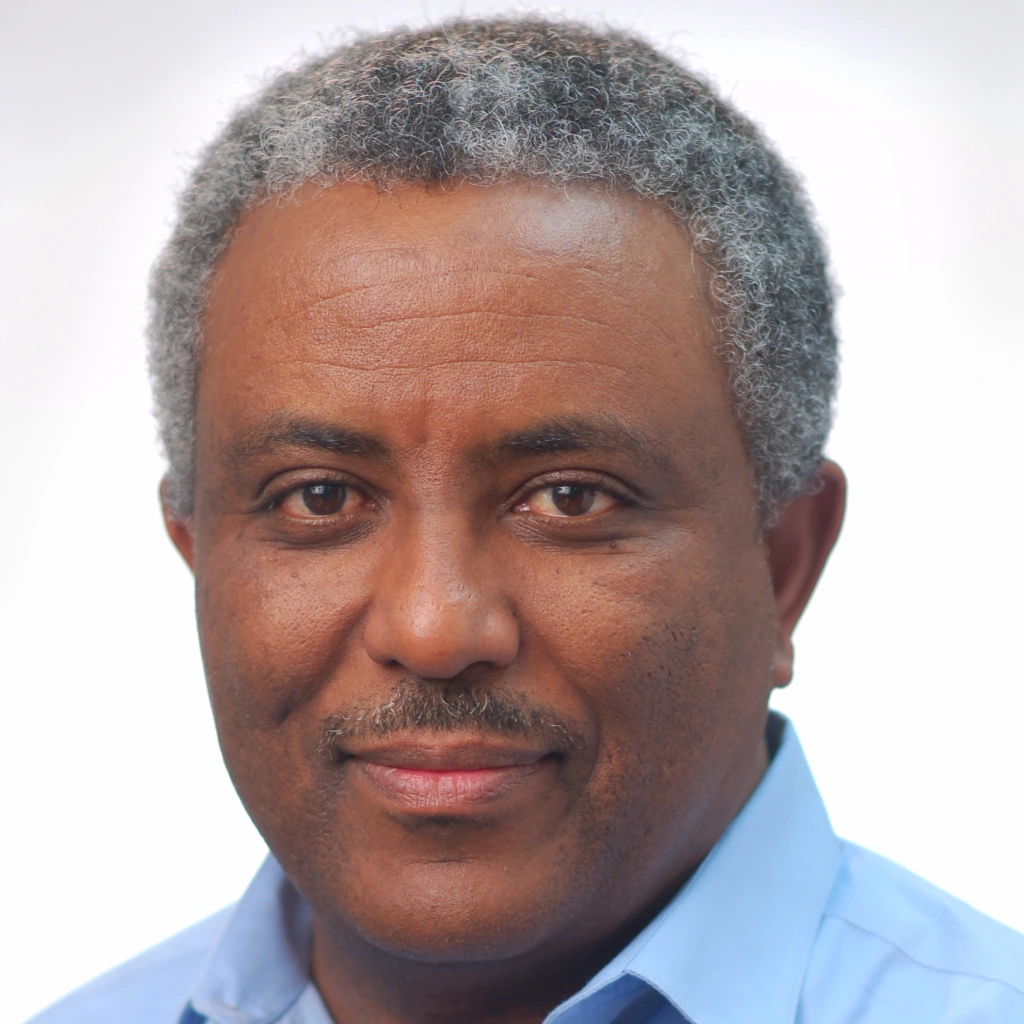
Dr. Belay B. Demoz
Dr. Demoz has over 20 years of research experience in private industry, government, and Academia. He has chaired the Committee for Atmospheric LIDAR Application Studies (CLAS) for the American Meteorological Society; is a member of the Atmospheric Observation Panel for Climate (AOPC) Working Group on GRUAN (WG-GRUAN); and has served in Editorial Boards of Journals and Magazine. He has organized national and international conferences, experiments, and workshops. He is a Professor in Physics and the current Director of the Joint Center for Earth Systems Technology (JCET).
Dr. Demoz’s research interest covers the broad area of atmospheric observations with a particular emphasis in lidar, radar and Microwave radiometer and their applications in mesoscale observations, climate observation and network design. His is mainly interested in integrating the multiple instruments and their physics in understanding atmospheric dynamics to improve now casting and climate.
Dr. Demoz’s teaching interests are in the areas of atmospheric instrumentation – including lidars, microwave radiometery, and radars, classical mechanics and aerosol and cloud micro-physics. He has lectured in general mechanics and analytical mechanics for several years. He is trained in cloud microphysics and aerosol physics and enjoys teaching these courses.

Dr. Roy A. Armstrong
Dr. Roy Armstrong has a bachelor’s degree in biology from Boston University and a master’s and a doctorate in Marine Sciences from the University of Puerto Rico at Mayagüez (UPRM). As a graduate student in the Department of Marine Sciences he pioneered the use of remote sensing technology for studies of the marine environment in Puerto Rico. After finishing his Ph.D. in 1990, he spent four years at NASA’s Ames Research Center as a National Research Council post-doctoral fellow and a Research Associate working with hyperspectral remote sensing. Upon his return to Puerto Rico, with funding from NASA and NOAA, he established the Bi-optical Oceanography laboratory at UPRM. His research is highly interdisciplinary, being mainly concerned with water optics, airborne and satellite remote sensing, coral reef ecology and bio-optics, and the effects of Sahara dust aerosols in the eastern Caribbean.
Support
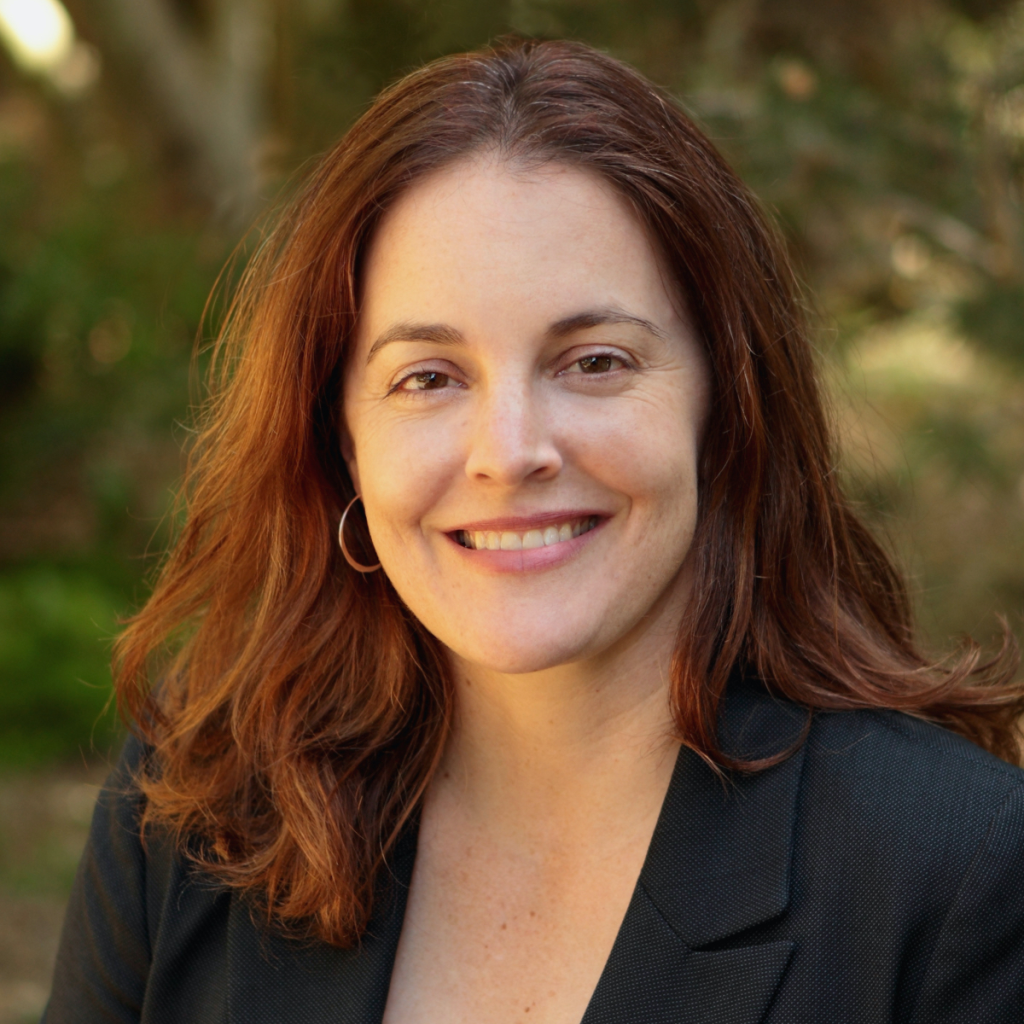
Dr. Tracy Perkins is an Assistant Professor in the School of Social Transformation at Arizona State University. She specializes in social inequality, social movements and the environment through a focus on environmental justice activism. Her forthcoming book, Movement Matters: Protest, Policy and Three Decades of Environmental Justice Activism (University of California Press), examines the political evolution of the California environmental justice movement from the 1980s to the mid 2010s.
In addition to her academic writing, Dr. Perkins documents environmental justice activism for public audiences. Examples include Voices from the Valley: Environmental Justice in California’s San Joaquin Valley, In Her Own Words: Remembering Teresa de Anda, Pesticides Activist (1959-2014), the Buzzard Point Oral History Project in Washington DC, and a project-in-development to create a digital archive and multi-media storytelling website on a 1990s era anti-nuclear waste landfill campaign along the lower Colorado River.
Dr. Perkins previously served as an Assistant Professor in the Department of Sociology and Criminology at Howard University. She has a B.A. in Development Studies from the University of California, Berkeley, a M.S. in Community Development from the University of California, Davis, and a Ph.D. in Sociology from the University of California, Santa Cruz. See more of her work at tracyperkins.org.

Allen Gunn
Allen Gunn (Gunner) is Executive Director of Aspiration in San Francisco, USA, and works to help NGOs, activists, foundations and software developers make more effective use of technology for social change.
Gunner has worked in numerous technology environments from NGOs to Silicon Valley start-ups to college faculties to large corporations, serving in senior management, engineering, teaching and volunteer roles. He is an experienced strategist, mentor and facilitator with a passion for designing collaborative open learning processes, and he believes in melding hard work with serious fun.
The common thread that connects all facets of Gunner’s work is a focus on open approaches to capacity building and knowledge sharing in social and racial justice efforts. Aspiration prioritizes work that supports and contributes to open communities of practice who create technology and content that benefit nonprofit and foundation efforts. The organization has designed and facilitated almost 700 extremely open learning and knowledge sharing events, in over 50 countries across the globe, predicated on a philosophy of active participation that puts each participant “in control of their own destiny”, in contrast to approaches that place audiences in passive listening roles. Aspiration publishes all licensed work products, including software tools, books, papers and training materials, under open licenses; for published documents and media, the Creative Commons Attribution Share Alike, and for software the GNU General Public License whenever possible.
He is a board member of Global Exchange, Forward Change, Peer 2 Peer University and Localization Lab, serves on the Project Leadership Committee for the Reproducible Builds Project, and also serves in formal advisory roles with Houdini Project, Ranking Digital Rights, The Center for Tech Cultivation, SAFETAG, Electronic Frontier Foundation Security Education Companion, CorpWatch, LocalizED, Social Movement Technologies, The Engine Room, The Everett Program, and United for Iran. He is a former board member of The Ruckus Society, Idealware and US Treks/Internet Treks. Gunner is an active facilitator, contributor, advisor, and/or partner in a number of organizations and projects, including Tails, Jolocom, European Digital Rights (EDRi), The Committee on Sustainability Assessment, Digital Freedom Fund, OpenReferral, OpenStreetMap US, Electronic Frontier Foundation, The Tor Project, Greenpeace, Rainforest Action Network, Simply Secure, The Gathering for Open Science Hardware.
Acknowledgements
We thank Helina Chin for the design of our logo.
